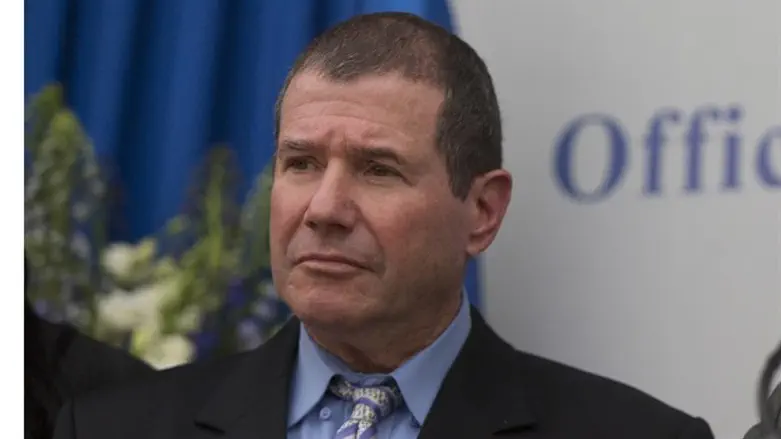
MK Maj. Gen. Eyal Ben-Reuven (Zionist Union), a member of the Knesset Foreign Affairs and Defense Committee, criticized the Cabinet's decision to reduce electricity to the Gaza Strip in an interview with Arutz Sheva.
"The government's policy is leading rapidly towards the next confrontation in Gaza," Ben-Reuven said. "The humanitarian situation is extremely difficult, and reducing the amount of electricity transferred to the Gaza Strip, according to the PA's demands, only hurts the 2 million residents of the territory."
"Instead of trying to balance the humanitarian situation in the region, the government's policy is causing an escalation and bringing the next confrontation to our doorstep. It should be wise and not always right. There is no reason to run towards the next confrontation," he added.
Why blame the Israeli government and not Hamas?
"Hamas is a terrorist organization and we will probably have to deal with it more than once ... The right policy is to do everything possible to keep the next confrontation away and try to maintain quiet as much as possible ... Today we are aware of the terrible humanitarian situation in Gaza."
The citizens of Israel are now sitting and asking themselves: What do we care about Gaza? We evacuated Gush Katif and left Gaza. The world and the left wanted us to leave Gaza. Why should we intervene?
"What do we mean, 'what do we care?' We want a state that does everything to prevent war, and when we have a war, we want to win, not like we did during Operation Protective Edge. This is another reason why a conflict is close."
Do we have a responsibility for Gaza?
"It's not a matter of responsibility. There are two million residents in Gaza. We can say that we have no responsibility and there will be two million dead residents there. To my [relief and] joy that is not the policy of the Jewish State. We have no responsibility for Gaza, and the people who are responsible for Gaza are Hamas.
"We have a responsibility to ourselves and it includes an attempt to keep the next confrontation with Gaza away. We understand that part of the issue is the humanitarian issue and we must help, and if that distances the next confrontation, it is in the State of Israel's interest [to do so]."
